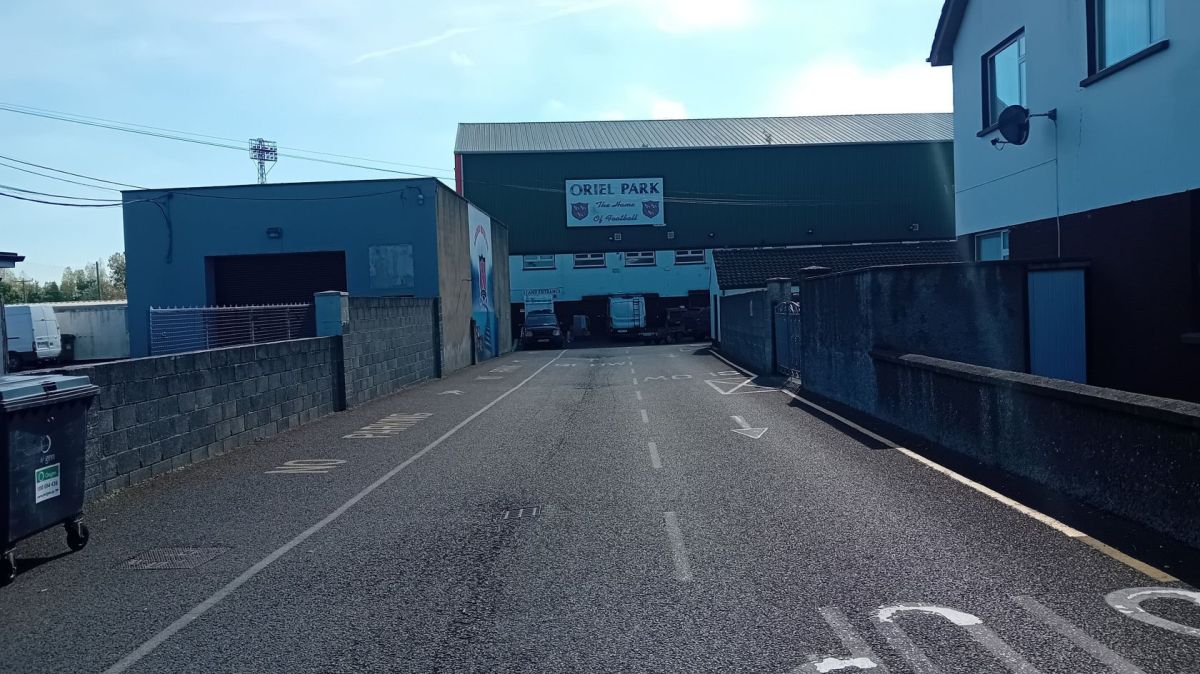The FREE-B project—collaborating with France, Poland, Portugal, and Sweden—seeks to understand how these bees have survived in the wild despite being long thought extinct.
Remarkably, more than 700 wild colonies have been identified across Ireland. Professor Grace McCormack of the University of Galway, who heads the project, says Ireland has been ahead in studying wild honey bees since 2015. These bees demonstrate strong overwintering survival and may offer critical insights into bee resilience.
A key focus of FREE-B is understanding how wild bees have persisted despite the varroa mite, a parasitic pest that has devastated farmed honey bee populations across Europe. Unlike farmed bees, wild colonies—especially those in Ireland—appear to live with the mite without showing increased disease levels.
PhD student Mick Verspuij, based in Buncrana, County Donegal, manages around 300 free-living colonies. His bees live in natural spaces like tree hollows, rather than traditional beekeeping boxes. Verspuij emphasizes the uniqueness of Ireland’s native honey bee, which he describes as a “locally adapted species” that must be protected.
With most Irish beekeeping being small-scale or hobbyist-driven, the wild bee populations may hold “key secrets” for improving sustainable practices. The FREE-B project will also engage citizen scientists and Ireland’s National Parks and Wildlife Service to help locate colonies and collect environmental data.
Through genetic, ecological, and health assessments, researchers hope to uncover how wild bees thrive independently and potentially shape the future of beekeeping and biodiversity protection in Europe.















